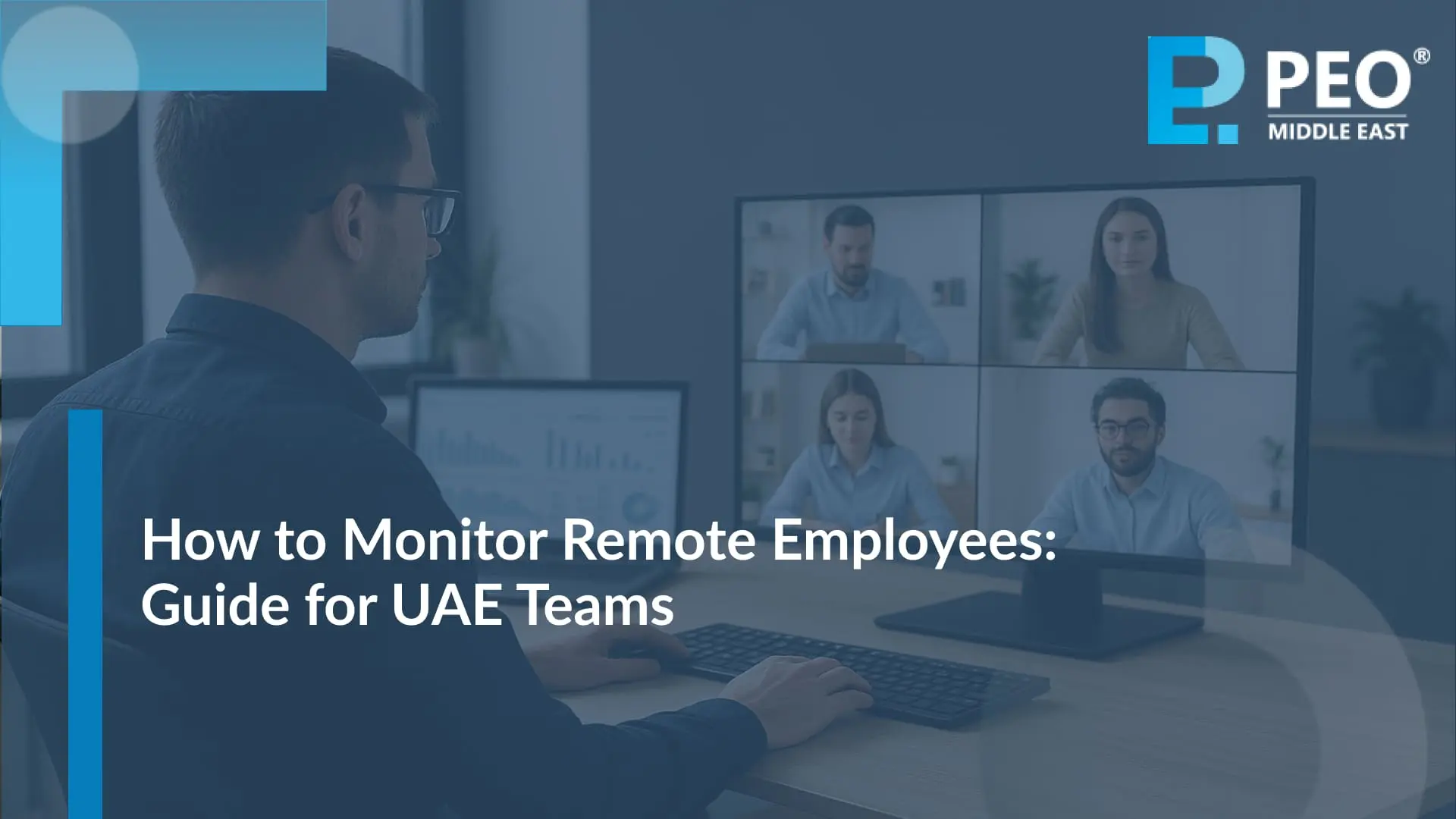Small and medium businesses have to face various HR management challenges. Large organizations can handle these challenges easily, but small and medium companies may have limited resources to search for top talent, hire the right candidate, launch staff training, and offer competitive salaries and benefits. They need to handle limited growth opportunities, staff retention, and balancing initiatives.
Some common HR issues for small businesses are employee relations and the work environment. Small workspaces and limited resources can raise conflicts. These conflicts can be carefully handled by clearly addressing issues and fair treatment.
What is Human Resources Management?
Human Resource Management is the most important function of any business based on effective strategies and planning. The main focus of this function is workforce management. This management has multiple activities to search, identify, and attract the best work potential, screening, hiring, onboarding, training, and retaining the best candidates for desired roles in the company.
HR management challenges that small businesses have to go through;
Small businesses often face unique HR management challenges due to limited resources. These include difficulty attracting and retaining qualified talent, implementing effective training programs, and maintaining competitive compensation packages. Additionally, small businesses may struggle with employee relations issues and compliance with labor laws.
Lack of Performance Management & Development
Small businesses often neglect performance management and development due to limited resources. This can lead to several challenges. Employees can feel underestimated and demotivated, and this behavior can reduce employee job satisfaction and performance, which impacts productivity. Employees need expectations to identify improvement and growth with positive feedback. Lack of training and development can lead to higher turnover rates.
Improper onboarding
One of the major challenges of human resource management for small businesses is the improper onboarding process. It has various negative consequences. New hires require proper introduction, training, and integration with company culture, or they may feel confused and underestimated. This behavior raises low performance, reduces job satisfaction, and extends turnover rates. However, improper onboarding damages the credibility and reputation of the business, and it will become more critical to attract and retain the best candidates.
Lack of HR Policies
The lack of HR policies creates uncertainty in the work atmosphere and reduces the level of trust in employees. The workforce may feel lost or confused as they cannot get clear expectations, employee rights, and duties. This approach can raise inconsistencies and conflicts and reduce the trust between the workforce and the employer. However, companies can face various issues in maintaining disciplinary measures in the work environment due to a lack of HR policies.
Lack of Retention and Training
Small companies lack employee training and retention due to limited workspace and resources, as well as HR management staff. Skill development and training programs help to increase motivation and career growth for employees, and they feel demotivated due to the lack of training programs. This demotivation leads to low performance, absenteeism, and low productivity. The lack of training opportunities raises the high turnover rates and creates various hurdles to maintaining a stable and skilled workforce.
Tedious Recruitment Process
The Tedious hiring process can be a critical and main hurdle for small businesses, such as long application screening process, long interview schedules, and slow decision-making process can affect the overall recruitment process and may extend the hiring costs. This is the reason for delays and impacts business growth and success.
No Rewards & Incentives for the Employees
Small companies usually do not offer competitive packages and more incentives due to limitations. Competitive compensation and incentives can extend employee motivation and job satisfaction, and they provide better performance. In these circumstances, the workforce can feel unjustified and unappreciated while increasing turnover rates.
Lack of Monitoring
Lack of monitoring can lead to major issues of HR problems and solutions for productivity and performance. The workforce can behave unethical and provide low performance due to improper monitoring. This can create issues to identify conflicts and disputes. It’s essential to regularly monitor the workforce to ensure the employee ethical behavior, high performance, maintaining quality standards, and work efficiency.
Lack of Productivity & Motivation
It can be a critical issue for small companies. Employees who are not engaged, not focused, and not motivated do not provide the required outcomes. They missed the deadlines and provided low performance and undesirable results. This behavior impacts business operations and decreases credibility in a competitive market.
Lack of productivity and motivation are essential aspects that impact business growth and success due to communication barriers, limited resources, unhealthy work atmosphere, unclear expectations, and less recognition.
Role of HR in Small & Medium Businesses
HR management has a specific role in small and medium companies. However, they need to face various difficulties due to limited resources. HR management is responsible for searching and discovering the top talent and the right candidates for specific roles and positions. They are also responsible for developing their skills by offering training sessions and retaining skilled employees for long-term growth and success.
They must establish efficient policies to maintain company culture and work ethics and create a positive work environment. They need to manage healthy work relations, smooth communications, and ensure legal compliance. They are responsible for managing various employment-related activities, such as payroll, employee benefits, leave, performance tracking, and absenteeism. HR management can obtain maximum output with effective strategic moves and efficiently maintain human resources as capital.
Helpful resources to overcome HR pain points
Small and medium businesses can find helpful resources to address their HR challenges.
- Industry associations provide access to best practices, training materials, and networking events.
- Online forums and communities offer opportunities to connect with other HR professionals, share experiences, and seek advice.
- Online courses and certifications can help HR professionals develop their skills and stay up-to-date on industry trends.
- HR consulting firms can offer tailored solutions and expertise for specific HR issues.
Education & Training
Education and training are the most essential parts of a successful HR strategy. Companies can improve productivity, extend job satisfaction, promote skill development, healthy work atmosphere, and motivation by organizing employee training and development. These training programs extend the level of skill and expertise, improve performance, and adapt flexible needs according to the changing business trends. These opportunities can help workers to step forward in their careers, leading to maximum job satisfaction and employee retention. A well-trained and skilled workforce is a valuable asset of a company.
Outsourcing
Outsourcing can be a valuable strategy for small and medium businesses to manage HR functions. By outsourcing tasks such as payroll processing, benefits administration, or recruitment, businesses can save time and resources while gaining access to expertise and specialized technology. Outsourcing can also help reduce costs and improve efficiency, allowing businesses to focus on their core competencies. However, it’s important to carefully evaluate outsourcing partners to ensure they meet the company’s needs and maintain confidentiality.
Conclusion
Small and medium businesses face unique Human resource management challenges due to limited resources and competing priorities. These challenges can include attracting and retaining qualified talent, implementing effective training programs, maintaining competitive compensation packages, managing employee relations, and ensuring compliance with labor laws.
To overcome these challenges, SMBs can leverage resources such as online communities, industry associations, consulting firms, and training programs. By investing in HR practices and addressing these challenges effectively, SMBs can create a positive work environment, enhance employee satisfaction, and achieve their business goals.
FAQs
How do small businesses manage HR?
Small businesses can hire HR outsourcing services to manage HR functions effectively.
What are the three main HR challenges?
Competitive compensation, resolving conflicts, and staff training.
What is the role of HR in a small company?
HR is responsible for talent hunting, hiring, onboarding, and monitoring employee performance in the company.





